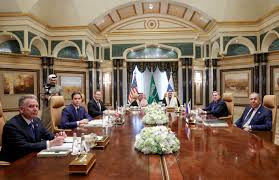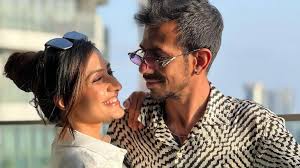In a recent interview, distinguished Indian actor Naseeruddin Shah voiced his concerns about the escalating hate against the Muslim community, describing it as a carefully cultivated sentiment that has tragically become fashionable in society.
Known for his outspoken nature and criticism of the ruling government party, Shah shed light on the alarming prevalence of unabashed Islamophobia and its dangerous implications for a diverse nation like India.
Shah boldly expressed his belief that the current cinematic landscape reflects the grim reality of Islamophobia in the country. He pointed out that propaganda disguised as entertainment is being eagerly consumed, reflecting the prevailing sentiment of the times. Shah’s observations revealed a troubling trend where even educated individuals have succumbed to the allure of Muslim-hating, a sentiment cleverly exploited by the ruling party to intertwine religion with political agendas. He questioned why religion is being introduced into every aspect of society, despite India’s foundational principles of secularism and democracy.
Expressing disappointment in the inaction of the election commission, Shah criticized the exploitation of religion for political gain without consequence. He underscored the double standards that exist, emphasizing that if a Muslim leader had used the phrase “Allahu Akbar” to solicit votes, it would have sparked public outcry and devastation. Shah called attention to the “spinelessness” of India’s election commission and expressed hope for a future where divisive religious politics would lose their efficacy.
Naseeruddin Shah’s courageous statements are not a novelty; throughout his illustrious career, he has fearlessly spoken his mind on matters of national importance. By openly discussing sensitive issues like religious polarization, Shah continues to shed light on the underlying tensions within society, sparking vital conversations necessary for progress and harmony.
His lamentations serve as a reminder of the crucial role artists and public figures play in challenging the status quo and advocating for a more inclusive and tolerant society. As Shah’s voice resonates among his followers, it is hoped that his words will encourage introspection, dialogue, and ultimately lead to greater understanding and acceptance of all religious communities in India.


















































